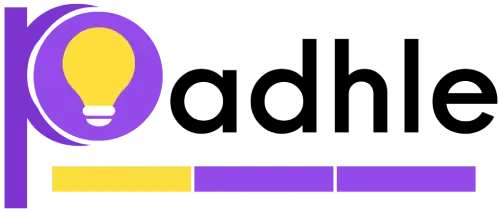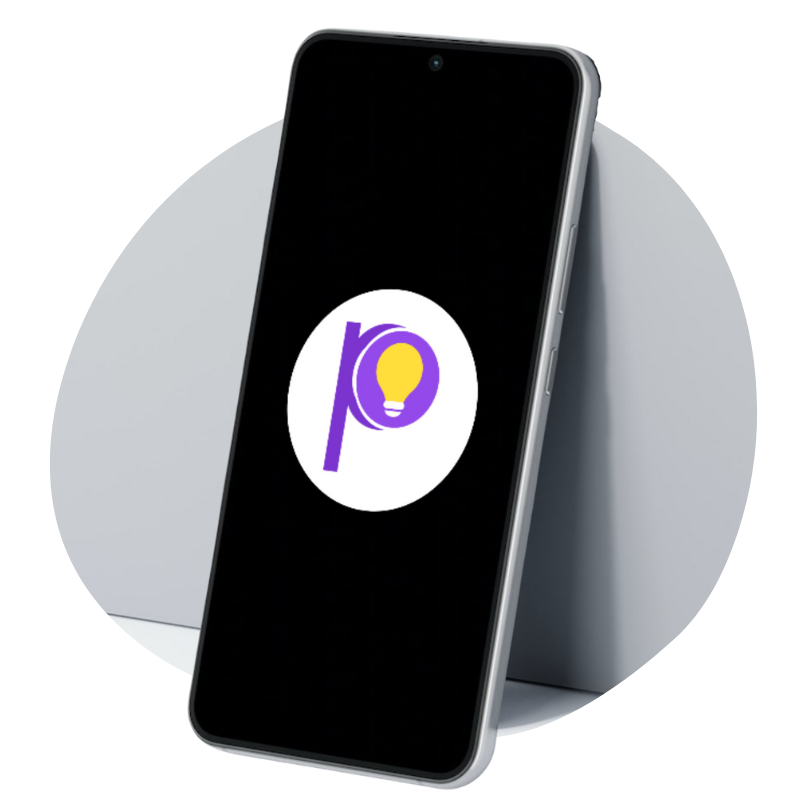Do you really need to study 8-10 hours straight for your board exams?

In order to pass your boards, do you really need to study 8–10 hours straight? Here’s all you need to know from the expert.
The misconception that students need to study for 8–10 hours straight for their board exams is not entirely accurate. This belief stems from a lack of proper guidance and traditional teaching methods that emphasise long study hours. However, in today’s fast-paced world, where students have extended school hours, coaching classes, online courses, and other commitments, it has become increasingly challenging to dedicate such extensive time to self-study.
Commenting on the board preparation for class 10th, Pranay Chouhan, the co-founder of Padhle, an online EdTech platform for classes 9-11, said “The truth is that with the right guidance and effective study strategies, students can achieve good results even by consistently studying for 2 hours daily during their Class 10 preparations. The key lies in studying smart rather than long. Merely spending long hours with books does not guarantee success if the study sessions lack focus, engagement, and efficient learning techniques.”
“It is crucial to focus on exam-oriented study rather than completing numerous reference books. While it may be tempting to rely on multiple sources for knowledge, the reality is that the board exams primarily assess a student’s understanding of the prescribed curriculum.” Chouhan further added.

- Thoroughly reading and understanding the NCERT textbooks is of the utmost importance. These textbooks are designed to cover the syllabus comprehensively and align with the exam pattern. By paying close attention to the concepts, examples, and exercises provided in the NCERT books, students can gain a solid foundation of knowledge.
- To further enhance their preparation, students should practise solving previous year’s questions and sample papers. This not only helps them become familiar with the exam pattern and question formats but also improves their time management and problem-solving skills. By consistently practising with these resources in the months leading up to the exams, students can identify their strengths and weaknesses, allowing them to focus their efforts on areas that need improvement.
- Creating concise notes while studying can be an effective way to consolidate information and simplify revision. These notes should highlight key points, formulas, and important concepts. By condensing the vast amount of information into concise and organised notes, students can save time during exam preparation and quickly review the essential topics.
Ultimately, the goal is not to simply accumulate knowledge but to understand the paper pattern and present answers effectively during exams. Developing good presentation skills, such as neat and organised handwriting, clear and structured answers, and effective use of diagrams and illustrations, can significantly impact exam scores.
The idea that students need to study for 8–10 hours straight for their board exams is a misconception. With the right guidance, a focus on exam-oriented study, and effective utilisation of available resources, students can achieve success by studying smartly, not long. By adopting efficient study techniques, practising with relevant resources, and developing good presentation skills, students can excel in their board exams without the need for marathon study sessions.
Source: India Today
Source Link: https://www.indiatoday.in/education-today/story/do-you-really-need-to-study-for-8-10-hours-straight-for-your-board-exams-2402635-2023-07-10









